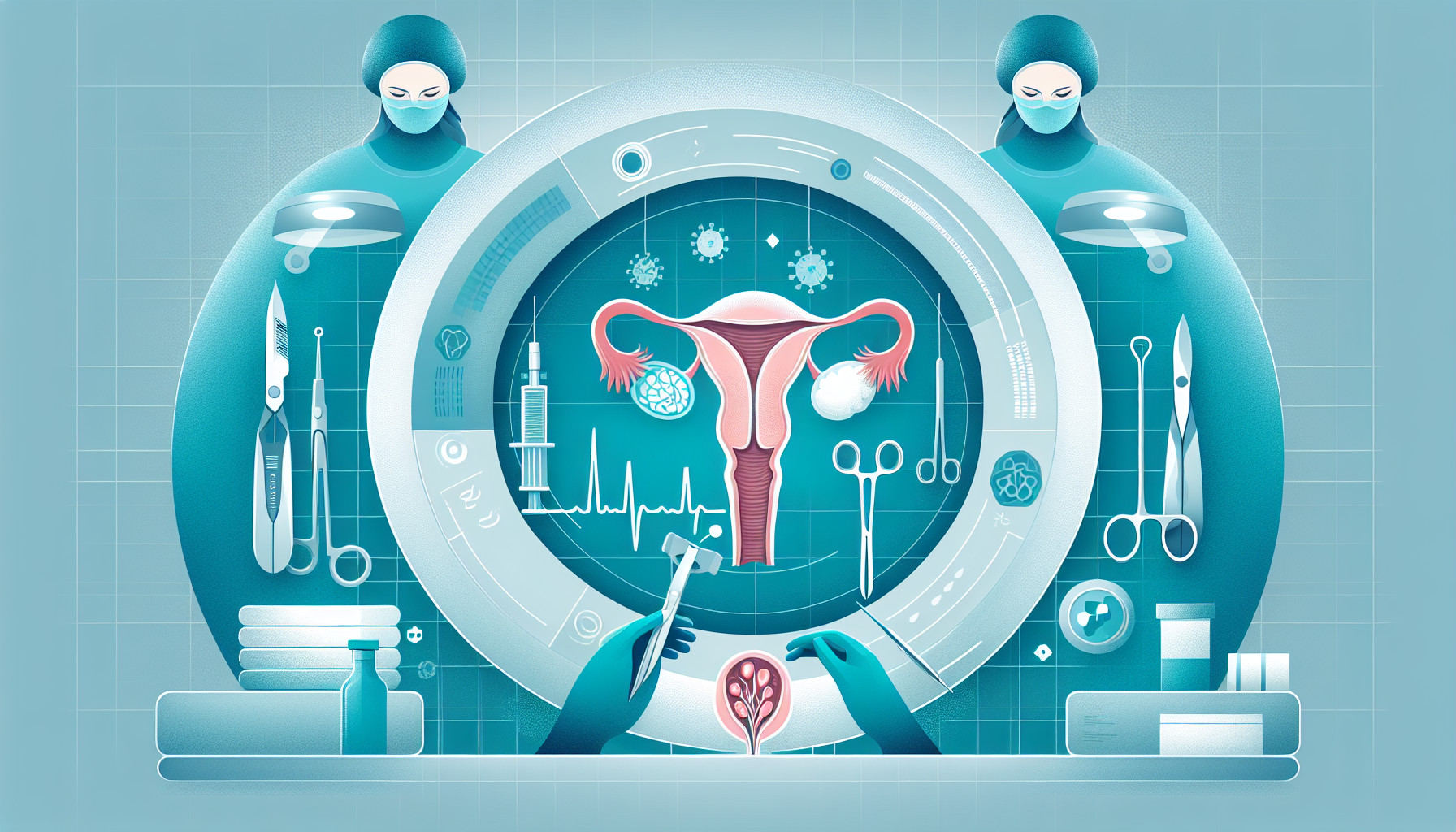Our Summary
This research paper discusses the case of a young woman who was diagnosed with a rare endocrine disorder, hyperparathyroidism, generally seen in adults over the age of 50. The condition was discovered when she was being treated for high calcium levels in her blood after a surgery to remove ovarian cysts. Tests showed that she had a non-cancerous tumor in her parathyroid gland, which was successfully removed, normalizing her calcium and parathyroid hormone levels. Because she was diagnosed at such a young age, doctors decided to perform genetic testing. They discovered a mutation in a gene called CDC73, which is often associated with a syndrome that includes hyperparathyroidism and jaw tumors, although this woman didn’t show any signs of other tumors. The paper concludes by recommending that young patients diagnosed with unexplained hyperparathyroidism should be considered for genetic testing due to the potential risk of inheritable cancer.
FAQs
- What is hyperparathyroidism and how is it usually diagnosed?
- What is the significance of the CDC73 gene mutation in relation to hyperparathyroidism?
- Why is genetic testing recommended for young patients diagnosed with unexplained hyperparathyroidism?
Doctor’s Tip
A helpful tip a doctor might tell a patient about ovarian cyst removal is to follow post-operative care instructions carefully, including taking prescribed pain medication, avoiding strenuous activities, and attending follow-up appointments. It’s important to monitor for any signs of infection or complications, such as excessive bleeding or severe pain, and to contact your doctor if you experience any concerning symptoms. Additionally, maintaining a healthy lifestyle with regular exercise and a balanced diet can help promote healing and prevent future ovarian cysts.
Suitable For
Patients who are typically recommended for ovarian cyst removal include those who have:
- Large cysts that are causing symptoms such as pelvic pain, bloating, or pressure on the bladder or bowel.
- Cysts that are persistent or growing in size.
- Cysts that are causing complications such as twisting (torsion) or rupture.
- Cysts that are suspected to be cancerous or have characteristics that increase the risk of cancer.
- Patients with a family history of ovarian cancer or genetic predisposition to ovarian cancer.
- Patients with polycystic ovary syndrome (PCOS) who have large cysts that are impacting fertility or causing severe symptoms.
- Patients with endometriosis who have cysts (endometriomas) that are causing pain or infertility.
It is important for patients to discuss the risks and benefits of ovarian cyst removal with their healthcare provider to determine the most appropriate treatment plan for their individual situation.
Timeline
Before ovarian cyst removal:
- Patient may experience symptoms such as pelvic pain, bloating, and irregular menstrual cycles
- Patient undergoes diagnostic tests such as ultrasound or MRI to confirm the presence of ovarian cysts
- Doctor may recommend monitoring the cysts over time or may suggest surgical removal if they are large or causing symptoms
- Patient undergoes pre-operative preparations such as fasting and meeting with the surgical team
After ovarian cyst removal:
- Patient undergoes surgery to remove the ovarian cysts, which can be done through laparoscopic or open surgery
- Patient may experience some pain and discomfort following the surgery, which can be managed with medication
- Patient is monitored for any complications such as infection or bleeding
- Patient may need to follow up with the doctor for post-operative care and monitoring
- Patient may experience relief from symptoms such as pelvic pain and irregular menstrual cycles after the cysts are removed.
What to Ask Your Doctor
- What are the potential risks and benefits of ovarian cyst removal surgery?
- What is the likelihood of the cyst being cancerous?
- What are the different treatment options available for ovarian cysts?
- How long is the recovery period after ovarian cyst removal surgery?
- Will I need any follow-up appointments or tests after the surgery?
- Are there any lifestyle changes I should make to prevent future ovarian cysts?
- What are the chances of the cyst recurring after removal?
- How will the removal of the ovarian cysts affect my fertility?
- Are there any potential complications or side effects associated with the surgery?
- Are there any alternative treatments or therapies that I should consider before deciding on surgery?
Reference
Authors: Weaver TD, Shakir MKM, Hoang TD. Journal: Case Rep Oncol. 2021 Feb 18;14(1):29-33. doi: 10.1159/000510002. eCollection 2021 Jan-Apr. PMID: 33790762
